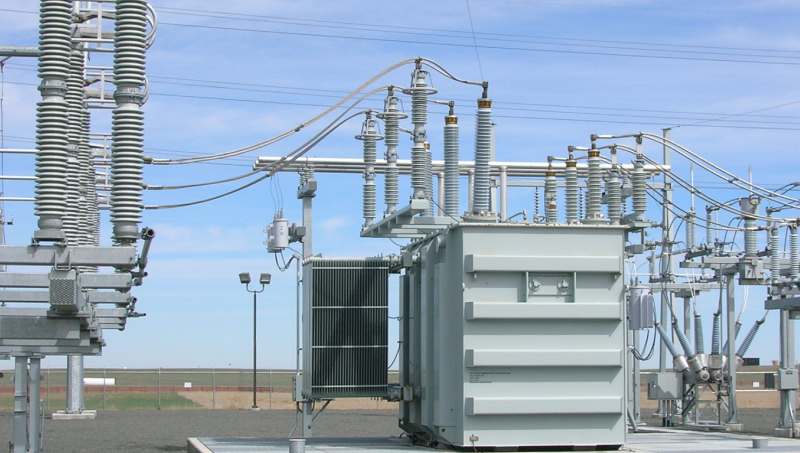TRANSFORMER
Aluminum Application in Transformer Industry
Transformer (transformer) is a critical device for transmitting and distributing electrical energy. Aluminum is one of the preferred materials in transformer production and plays an important role in this field thanks to the many advantages it provides. Here are the main applications and benefits of aluminum in the transformer industry:
Lightness
Aluminum offers a significant advantage in transformer design thanks to its low weight. Being light provides ease in traffic transportation and assembly processes. This can speed up the installation processes, especially in large transformer systems.
High Conductivity
Aluminum is a good electrical conductor. Although it is lighter than copper, it exhibits effective performance in energy transmission. Using aluminum in transformer windings reduces energy losses and increases efficiency.
Corrosion Resistance
Aluminum is naturally resistant to corrosion. This feature allows transformer components to last for a long time without being affected by external factors. Corrosion resistance offers economic advantages by reducing maintenance costs.
Heat Dissipation
Aluminum has heat conduction capacity, which helps to effectively dissipate heat in transformers. Thermal management increases transformer performance and extends the life of the device by preventing overheating.
Economic Advantages
Aluminum can help reduce costs in transformer production, as it is generally a lower-cost material than copper. This offers an economical solution, especially for large-scale projects.
Recycling and Sustainability
Aluminum offers an environmentally friendly option as a recyclable material. Post-consumer aluminum components can be recycled and used in the production of new products. This contributes to the conservation of natural resources and the reduction of waste.

